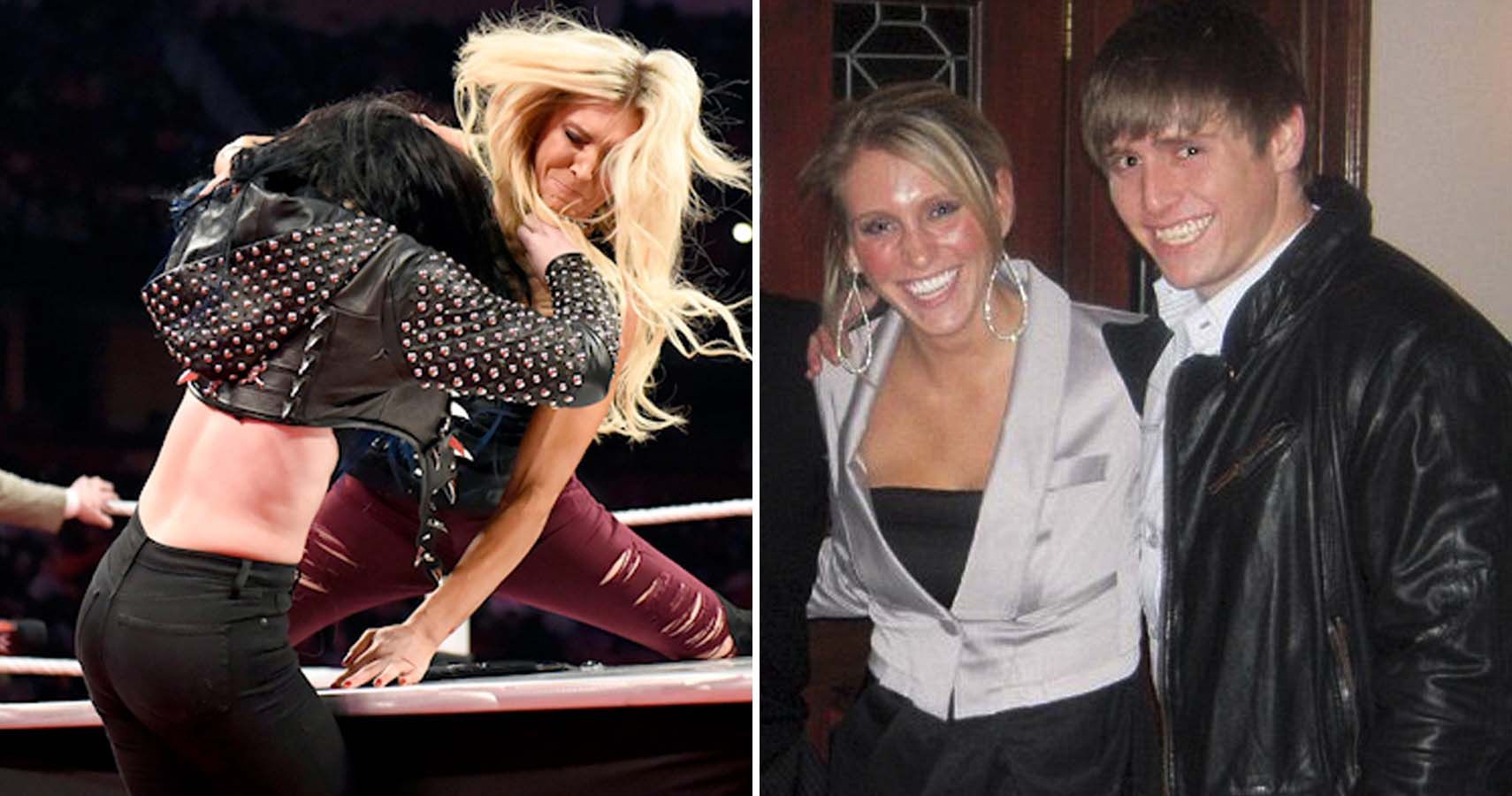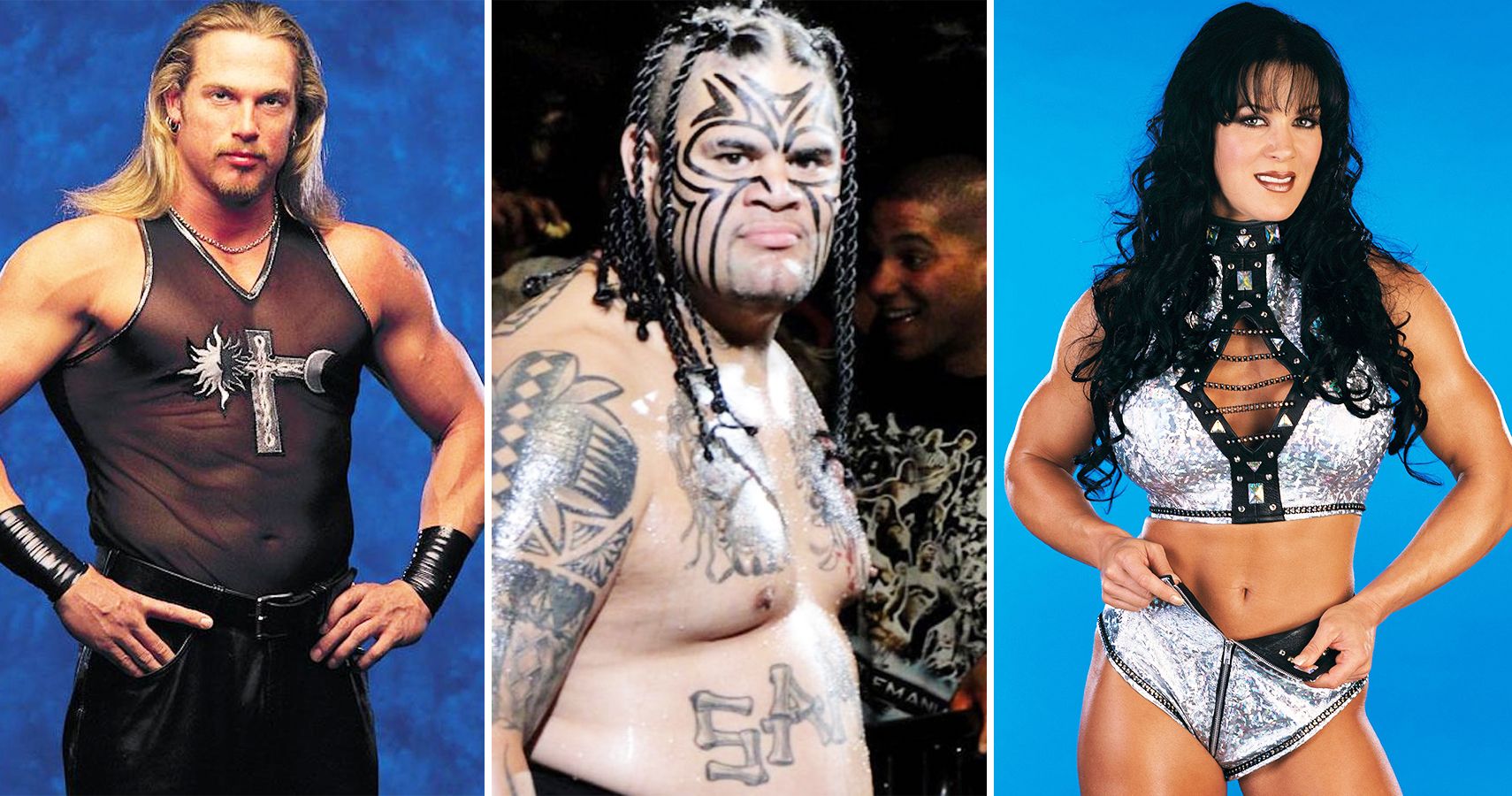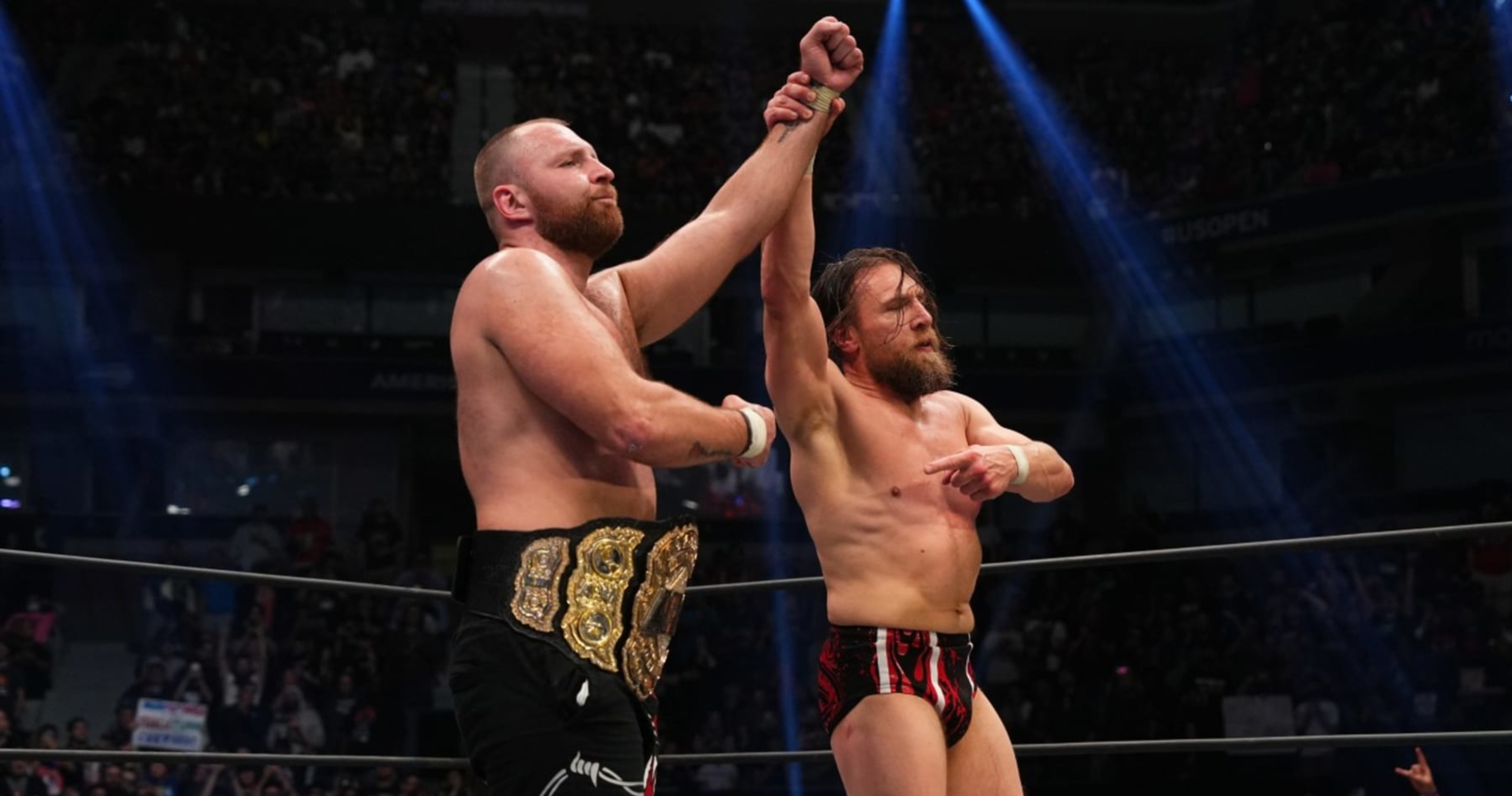Remembering Deceased Professional Wrestlers - Legacies And Support
Losing a figure who brought so much excitement and drama to our lives, like a beloved professional wrestler, always leaves a mark. Their presence in the ring, their larger-than-life personas, and the sheer spectacle they created, all combine to form memories that truly stick with us. When these individuals pass on, it's a moment of collective sadness for fans all over the globe, you know, a real feeling of loss for a unique kind of performer.
Yet, beyond the shared grief and the powerful memories, there are often very real, practical matters that need attention. It's almost, in a way, like the curtain comes down on one act, but another, perhaps quieter, one begins for those left behind. Sorting out what comes next for the families and the enduring public image of these figures can be quite a task, especially when you consider their public lives and the often varied nature of their careers.
This discussion looks at how the lives and contributions of these memorable athletes continue to resonate, even after they are gone. We will think about the systems that might be there to help their loved ones and how their stories keep on inspiring. It's about remembering them, yes, but also about the quiet, important work that follows their final bow, so to speak.
Table of Contents
- Biography of a Deceased Professional Wrestler
- What Happens When a Deceased Professional Wrestler Passes?
- Keeping the Memory Alive - Deceased Professional Wrestlers
- How Do Families of Deceased Professional Wrestlers Receive Support?
- Who Might Be Eligible for Support from a Deceased Professional Wrestler's Legacy?
- Can Children of Deceased Professional Wrestlers Get Help?
- What About Parents of Deceased Professional Wrestlers?
- Managing the Affairs of a Deceased Professional Wrestler
Biography of a Deceased Professional Wrestler
When we think about a professional wrestler who is no longer with us, their life story and career journey are truly central to how we remember them. It’s more or less about honoring the path they walked, from their earliest days to their time in the spotlight. Their biography, you see, paints a picture of their beginnings, their rise through the ranks, and the impact they made on the sport and its followers. This includes details like their actual name, the various ring names they used, and the dates that mark their time here, both their arrival and their departure.
A wrestler's story often includes where they were born, which can sometimes tell you a bit about the grit or style they brought to their performances. Then there are the significant moments of their career, like championship victories or participation in truly memorable events that fans still talk about today. These highlights are, in some respects, the milestones of their professional life. Furthermore, connections they made, whether through tag teams or groups, also play a part in their story, showing how they fit into the bigger picture of the wrestling world. Below is a way to look at the kinds of details that help us remember these unique individuals.
| Detail Type | Information Example |
|---|---|
| Birth Name | [Full Name Given at Birth] |
| Ring Name(s) | [Popular Names Used in Wrestling] |
| Birthdate | [Date of Birth] |
| Date of Passing | [Date of Death] |
| Place of Birth | [City, State/Country of Origin] |
| Key Career Highlights | [Major Titles Held, Iconic Matches, Hall of Fame Inductions] |
| Notable Associations | [Tag Teams, Factions, Mentors, Managers] |
What Happens When a Deceased Professional Wrestler Passes?
The passing of a professional wrestler, a person who has spent their life entertaining crowds, naturally brings about a period of sadness and reflection. Beyond the public outpouring of grief, there are practical considerations that come into play for their loved ones. It can be a bit of a bewildering time, particularly when families need to sort through the public and private aspects of a life lived so openly. Things like managing their public image, ensuring their final wishes are respected, and dealing with any ongoing commitments become pressing matters, you know, in that immediate aftermath.
- The Godfather Cast
- The Chosen Season 5 Release Date
- Fbi Most Most Wanted
- Helen Lasichanh
- How Old Old Is Justin Bieber
This period involves a lot of coordination, from announcing the news respectfully to making arrangements that honor their legacy. For many, the wrestling world is a kind of family, and there's often a collective effort to support those closest to the departed. But for the immediate family, the practicalities can feel quite heavy. It's about taking care of things that, frankly, few people think about until they have to, like making sure official records are updated and that their contributions are properly acknowledged. So, it's a mix of deep emotion and necessary, if sometimes difficult, tasks.
Keeping the Memory Alive - Deceased Professional Wrestlers
Keeping the memory of a deceased professional wrestler alive is something that truly matters to fans and the wrestling community alike. It’s not just about remembering their matches or their catchphrases; it's about honoring the person they were and the joy they brought to so many. Sometimes, the way their memory is kept depends on where they are laid to rest. If a wrestler is buried in a public resting place, for instance, you might want to know how that place is looked after, so, it's a simple thought, but an important one.
It's interesting to consider that some smaller, perhaps more personal, resting grounds might rely on family members to keep them tidy and cared for. This really speaks to the personal connection that endures. Beyond physical memorials, there are many ways their stories continue to be told. Fan groups, wrestling organizations, and even online communities often play a part in this. They might share old videos, tell stories, or just talk about the impact these wrestlers had. This collective effort ensures that the spirit of these memorable performers lives on, in a way, for generations to come, you see.
How Do Families of Deceased Professional Wrestlers Receive Support?
When a professional wrestler passes away, a big question for their loved ones often becomes how they might find support, especially financially. It's a really important consideration, as the loss of a family member can bring unexpected challenges. For many, the idea of support systems is tied to what was in place during the wrestler's life, or what provisions they might have made. This can include things like insurance policies, retirement plans, or even funds set up by wrestling organizations to help their members and their families. Basically, it's about ensuring that those left behind have some kind of safety net.
For instance, if a wrestler had plans in place, their spouse might be able to receive ongoing financial help. This sort of assistance is meant to provide a source of income, helping to cover daily expenses and maintain some stability during a difficult time. The rules for receiving this kind of support can vary quite a bit, depending on the specific programs or agreements involved. It’s often about understanding what was set up and how to access it. So, while the emotional side is immense, the practical side of providing for families is also very much at the forefront, you know.
Who Might Be Eligible for Support from a Deceased Professional Wrestler's Legacy?
Thinking about who might be able to get support from a deceased professional wrestler's legacy involves looking at various family connections. Most often, the spouse of the wrestler is the primary person considered for ongoing help. This is pretty typical for many situations where a family member has passed. However, it's not just limited to spouses; children can also be considered for regular payments if their parent passes away. These kinds of payments are generally there to help replace the income that the wrestler would have provided, which is a rather crucial point for families.
It's also worth noting that sometimes, even parents of a deceased wrestler might be eligible for support. This could happen if the wrestler was providing a significant portion of their parents' financial needs. The idea is to make sure that those who relied on the wrestler for their well-being have some way to continue meeting their basic needs. The specific requirements for who qualifies, and for how long, can depend on many things, like the age of the person seeking support and the nature of their relationship to the wrestler. So, it's a bit of a layered situation, you see, with different family members potentially having different avenues for help.
Can Children of Deceased Professional Wrestlers Get Help?
Yes, children of deceased professional wrestlers can often receive some form of financial assistance. This support is generally there to help with their basic needs and to account for the earnings their parent would have provided. It’s a very important consideration for young people who have lost a parent, ensuring they have a foundation as they grow up. The support can sometimes continue for children even after they reach 18, particularly if they are still pursuing their education or have certain other circumstances. This really helps to provide some stability during a period of great change, you know.
The amount of help children might receive can vary. It could be a portion of what their parent was earning or would have been entitled to receive. The idea is to make up for the lost parental income, which is something that can significantly affect a family's financial situation. So, the systems in place aim to offer a sense of security and continuity for the children, allowing them to focus on their lives without immediate financial worries. It’s about recognizing the long-term impact of losing a parent and trying to soften that blow, in a way.
What About Parents of Deceased Professional Wrestlers?
Parents of a deceased professional wrestler can also, in certain situations, be eligible for support. This is typically the case if the wrestler was providing a substantial amount of financial help to their parents while they were alive. For instance, if a wrestler was covering at least half of their parents' living costs, those parents might be able to receive some form of assistance after their child's passing. This can be a really vital source of income for older parents, especially if they are relying on that support for their daily lives, so it's a rather significant point.
There are usually some age requirements for parents to qualify, often needing to be a certain age, like 62 or older. The support can be provided to one parent or to both, if they meet the criteria. It's all about recognizing the financial dependency that might have existed and ensuring that the parents aren't left in a difficult spot. So, it’s not just about spouses and children; the support can extend to other close family members who were financially connected to the wrestler. This shows a broader understanding of family needs, you know, when a key provider is gone.
Managing the Affairs of a Deceased Professional Wrestler
Managing the affairs of a deceased professional wrestler involves a series of steps that are, in many ways, similar to handling anyone else's estate. However, the public nature of a wrestler's life can add certain considerations. All income that the wrestler received up until the time of their passing needs to be accounted for, which is a fairly standard procedure. This includes any earnings from their last matches, appearances, or any ongoing royalty payments. It's about making sure everything is in order and that their financial records are complete, you see.
The process can feel a bit daunting, especially when dealing with grief, but it’s a necessary part of ensuring everything is handled properly. For instance, making sure the funeral home has all the necessary details, like a social security number, is a practical step. You can also report a passing directly to relevant organizations if you need to. Sometimes, the systems for support might differ based on when a wrestler passed, or what organization they were primarily associated with, which is something to keep in mind. So, it's about navigating the necessary paperwork and communications to ensure a smooth transition for the family, more or less.
In short, this article has looked at how we remember deceased professional wrestlers, the ways their families might receive support, and the practicalities involved in managing their affairs after they are gone. We discussed the importance of their biographies, how their memories are kept alive, and the various family members who might be eligible for assistance, including spouses, children, and parents. We also touched upon the general steps for handling a wrestler's financial matters after their passing.

15 Deceased Wrestlers The WWE Disrespected

15 Deceased Wrestlers WWE Never Seems To Mention

Ranking the 10 Most Important Wrestlers in WWE and AEW Right Now | News